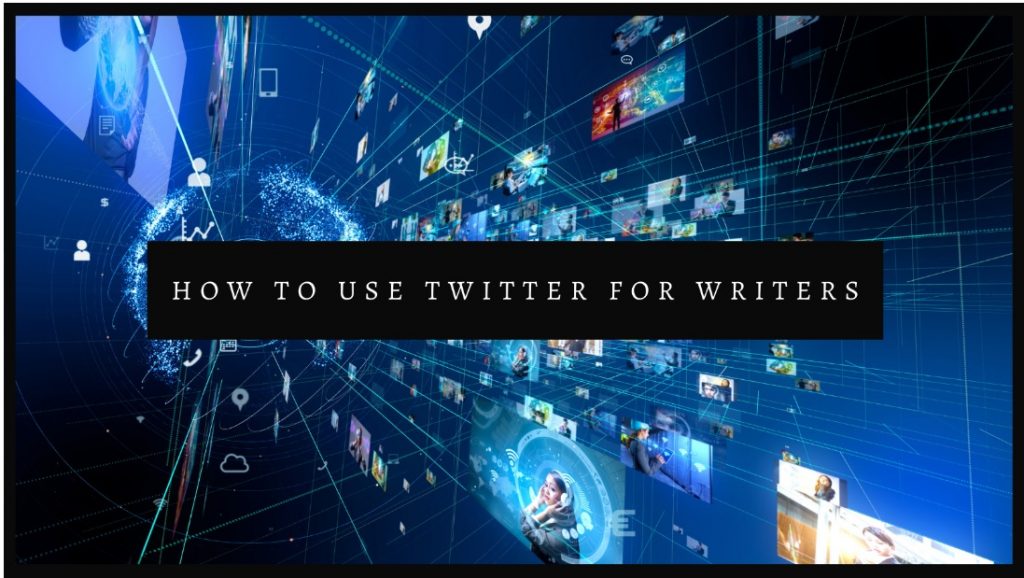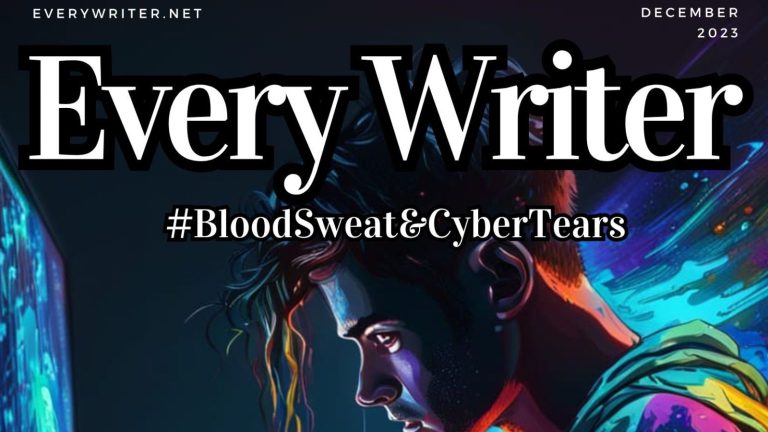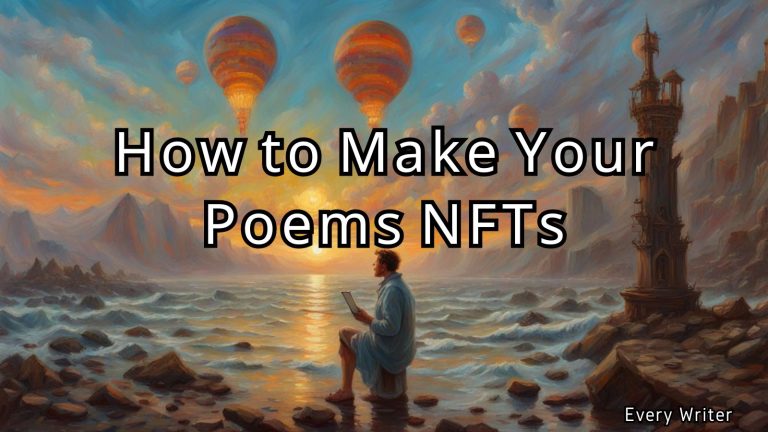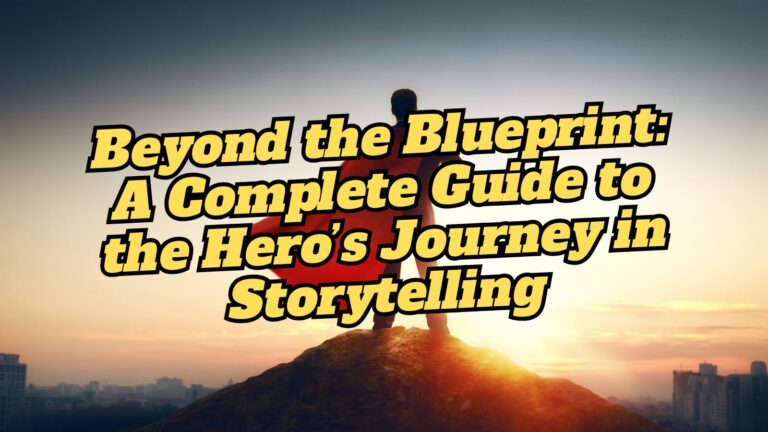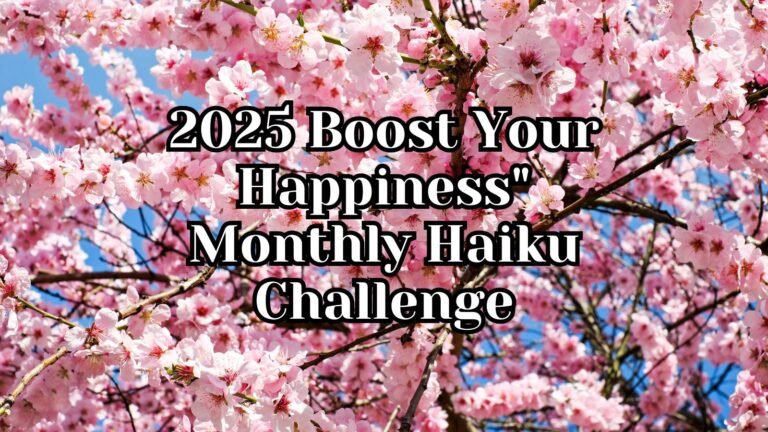For Writers
Yes, if you are a writer, you need Twitter. If you have published your book or have a website, you need Twitter. It’s simple, but most people need to learn how to use Twitter. I constantly overhear people talking about Twitter like it is some blow-by-blow life app that people only use to let the world know when they are having a meal or using the restroom. This comes from how celebrities use Twitter. People need to realize that celebrities use Twitter to increase their reach and gain people’s interest. People care what their favorite star eats. This is not the recommended use of Twitter.
Hundreds of millions of people use Twitter daily, so most, if not all, ideas and lifestyles are represented. You were connecting with people with similar beliefs is how to get the most out of Twitter. It would help if you built a following of people who care about the same things you care about. If they see the world your way, they have a better chance of liking your book or the new short story you wrote.
Build a following
Ok, so you believe me, you need a Twitter account. You sign up. Now what? Yes, the difficult part of Twitter is finding people like you or people who want to hear what you have to say. This is challenging, but here is what I recommend. If you wish to search Twitter, use the search feature or other websites that will search by keywords. If you are a science fiction writer, you would search for sci-fi or science fiction or even find people talking about your favorite science fiction writer. So you need to look up people talking about “Ray Bradbury.” You then need to follow that person.
DO NOT just go out and follow everyone, there is more to following someone than just pressing the follow button. The next thing you want to do is INTERACT with that person. You wish to retweet tweets that interest you. So the person said, “Ray Bradbury is my fav…” You would retweet this and maybe add, “me too.” Interactions are the key to Twitter. Interacting with people who have similar interests is the BEST way. Please don’t treat it like a computer push-button relationship. Think about it like it is the real world. You want to talk to that guy because he is discussing something you are interested in. Retweets and replies are your best bet. Spend some time doing this. It’s friendly and easy to get a following; you have to build it over time.
DO NOT buy followers. This would be great if it worked. It would be awesome to push a button and have thousands of followers. It doesn’t work this way. You CAN buy followers, but you find that most of these services are very expensive, AND the followers you get are just brain-dead zombies. They are just accounts and not real people. So they are not worth it. They will only go around telling people about your work. They will not interact, and they do not share your ideas.
Having a Twitter following is about having like-minded people interested in a subject you are interested in. You do not want millions of zombie followers. They won’t do you any good.
Sharing your work on Twitter
On Twitter, you share by links, of course. When you publish your first book, you want at least a few thousand people to support your efforts, buy the book, and discuss your ideas. See, you have built a following through interaction with people who like what you like. So when and send out a tweet that says your new sci-fi book is the bomb, you have an excellent chance of having people take an interest.
You need a website or a home base to share something on Twitter. You want to get people interested in the links you post. You also wish to have new ideas and to support their efforts.
What do you tweet?
Tweet the most exciting things you’ve got. It could be a blog post or an excerpt from your book; whatever it is, make it enjoyable. Also, retweet people’s tweets that you agree with or support. If you see a tweet that has a link in it and you like the site, retweet it. Twitter is a very supportive community. If you retweet it, they will retweet you.
Tags
On Twitter, tags, which use the number sign # to mark certain subjects, are shared throughout the community. There are many, but some are only on Twitter. For instance, #FF stands for follow Friday. This is when you create a list of Twitter followers who you like and then recommend your followers follow them. You pick people who have retweeted you or who you are interested in. So if you say #FF and then a list of people like @everywriter, some will already be following you, and some will not. Then ones who are not following you, you hope, will follow you after the #FF. This tag is, of course, only used on Fridays.
Twitter for news
Yes, Twitter is a great place for news. If your web host goes down, you can search Twitter and see if others are having the same problem. If you’re wondering who just won the un-televised writing award like the Hugo, you will see it on Twitter first.
Don’t be rude
Be nice to people. That’s generally a good rule, but you want to pay attention to it on Twitter. You do not want a bunch of people Tweeting you are a jerk. You’ll get a lot of unfollows that way.
Follow/Unfollow
Only unfollow up to 50 people in a day. Do not follow over 50 people in a day. It’s a perfect rule of thumb to ensure you do not get flagged.
Twitter everywhere
List Twitter on your site. List it on FB and myspace, and list it everywhere.
Why?
Why do you do all this? If you post a new blog, some die-hard fans might stop by to see it. The first time your Tweet your blog post to your dedicated followers, you’ll know why people use it. It works. Better than running ads or waiting for search engines, and 100 times better than email, Twitter gets people interested in what you have to say.
Here are my 2 cents on how to use Twitter and why. I’m not an expert by any means, but I know how it works for me, and I know how I’ve gained my following (mistakes and all). This is my best advice. We have many other articles on prompting your writing.
Also, remember, follow me! http://www.twitter.com/everywriter
- The Writer’s Roadmap: Embracing Outlining (Free Worksheet Included!) - April 15, 2025
- A Complete Guide to the Hero’s Journey in Storytelling (Free Worksheet) - April 10, 2025
- On Literary Criticism by Ambrose Bierce - April 9, 2025
